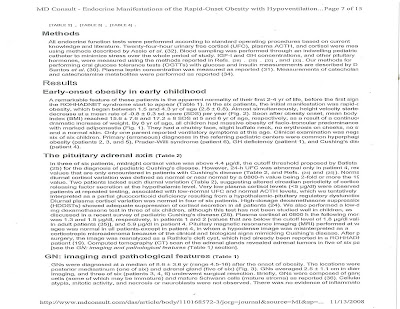A list of common side affects:
Abdominal pain
Back pain
Black, tarry stools
Bleeding gums
Bloating or swelling of the face, arms, hands, lower legs, or feet
Blood in the urine or stools
Blurred vision
Chest pain
Confusion
Convulsions
Cough or hoarseness
Difficult breathing
Dizziness, faintness, or lightheadedness when getting up from a lying or sitting position suddenly
Drowsiness
Dry mouth
Feeling of swelling of the tongue or throat
Fever and chills
Flushed, dry skin
Flushing of the face
Fruit-like breath odor
Headache
Hives or welts
Increased hunger
Increased thirst
Increased urination
Itching
Large, hive-like swelling on the face, eyelids, lips, tongue, throat, hands, legs, feet, or sex organs
Lower back or side pain
Nausea
Nervousness
Noisy breathing
Pain or tenderness around the eyes and cheekbones
Painful or difficult urination
Pale skin
Pinpoint red spots on the skin
Pounding in the ears
Rapid weight gain
Runny nose
Shortness of breath
Skin rash
Slow or fast heartbeat
Sneezing
Sore throat
Sores, ulcers, or white spots in the mouth or on the lips
Stuffy or runny nose
Sweating
Swollen glands
Tightness of the chest
Tingling of the hands or feet
Troubled breathing with exertion
Unusual bleeding or bruising
Unusual tiredness or weakness
Unusual weight gain or loss
Vomiting
Wheezing











